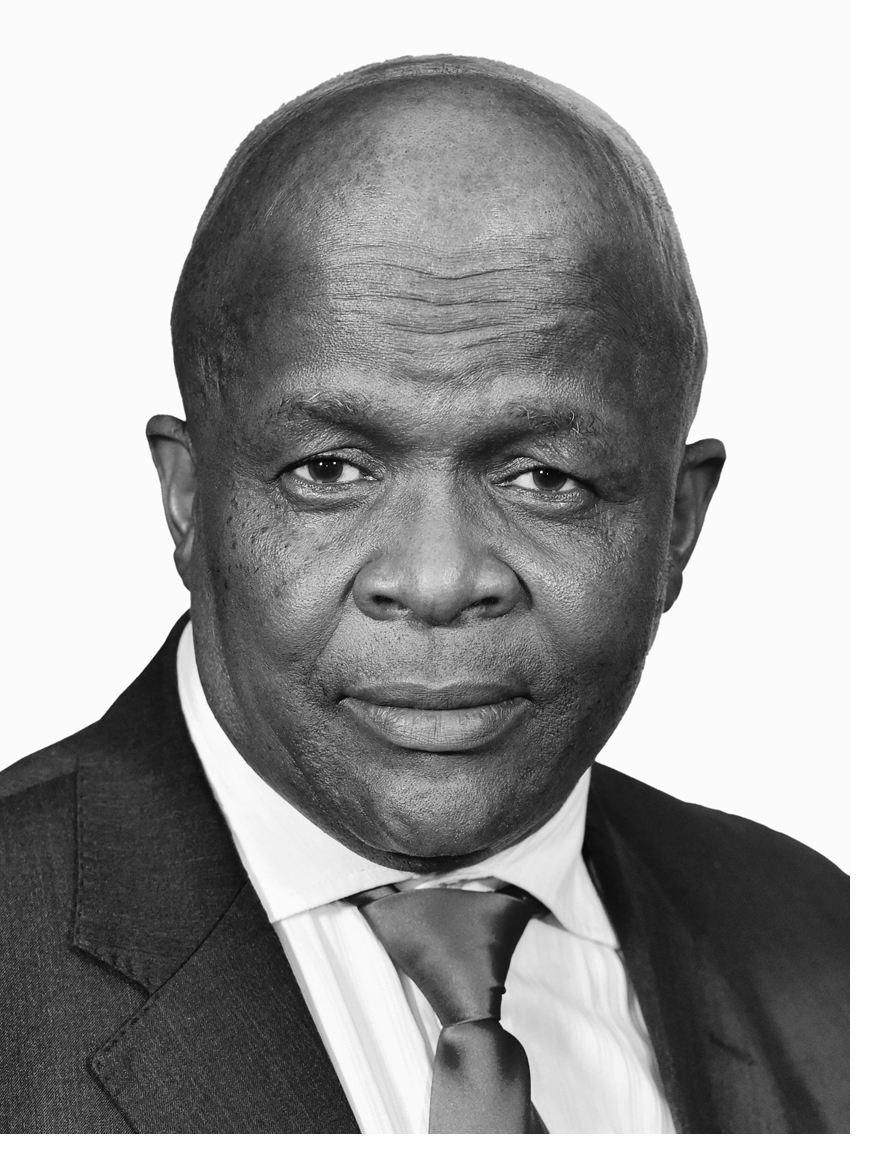Closing Remarks by Minister in The Presidency, Mr Mondli Gungubele at the Sustainable Infrastructure Development Symposium South Africa 2021

Programme Director;
Members of the Executive present;
Participants to the SIDSSA2021;
Distinguished guests;
Government Officials;
Ladies and gentlemen;
We have over the past two days in this second edition symposium engaged on sustainable infrastructure development for South Africa. We met under the theme “Quality infrastructure for development, recovery and inclusive growth” where government departments as well as development financing agencies, private-sector sponsors, investors, and partners came together to discuss ways to grow South Africa together.
As hosted by the Investment and Infrastructure Office in the Presidency of the Republic of South Africa, the second edition of the Sustainable Infrastructure Development Symposium or SIDSSA 21 focused on three focus areas, as emphasised by President Ramaphosa in our opening session earlier today, which have pertinent relevance to our country and to sustainable infrastructure delivery, namely: Development, Recovery and Inclusive Growth.
As announced during the symposium, 29 out of 50 Projects Gazetted in 2020 were reported to be in implementation stages from tendering and procurement to construction phases, with the total investment value of these projects estimated at around R119 billion out of the R340 billion.
Additionally, 55 projects were presented during the Pipeline series with a total investment value of around R595 billion with an estimated funding gap of R441 billion.
Our breakaway sessions focused on the National Infrastructure Plan, ensuring continued public input into the draft National Infrastructure Plan published in August 2021. Further focus was placed on the infrastructure big wins, infrastructure financing, bridging the urban and rural divide and the digital economy.
The engagements were robust with some specific recommendations being put forward for Infrastructure South Africa to consider for review and implementation.
To achieve Sustainable Development Goals and National Development Plan, infrastructure goals will cost over R6 trillion between now and 2040.
As at 2021, we estimate that the finance gap that needs to be closed will be just over R2 trillion.
This calls for public private collaboration to unlock the investment potential, particularly within the context of stretched government budget and increasing infrastructure needs.
In this regard, we have operationalised the Infrastructure Fund, a blended finance platform that packages projects and ensures they can leverage private sector finance. An initial project pipeline has been approved, and will transform the way economic and social infrastructure projects are delivered in the country.
In the next year, focus will be on augmenting the SIDS methodology to include the economic and statistical modelling framework called the Prioritisation Model to deploy infrastructure investments to regions, revitalised towns and communities where infrastructure is needed the most. Priority will be given to areas that have received less support in the part from an infrastructure investment view.
We will also add a Portfolio Management function to optimise opportunities of the project pipeline, establish the ISA Centre of Excellence as a thought leadership on infrastructure research, socio-economic impact assessment, spatial analysis, forecasting and economic analysis as well as Ex Post analysis on infrastructure projects.
As government, we will continue to work with key role players on the infrastructure financing and funding space, with more emphasis on project preparation funding that is required to progress projects to procurement and implementation, finding sustainable and long-term innovative financing mechanisms for bulk infrastructure and social infrastructure delivery. Additionally, we will continue to provide oversight on the Infrastructure Fund to unlock private sector financing and deliver on our Strategic Integrated Projects.
We have played a significant role in terms of the policy and regulatory landscape, as evidenced by the gazetting of the draft National Infrastructure Plan 2050.
In the year to come, we will be finalising the Country Investment Strategy that positions South Africa as a key African investment destination of choice by leveraging quality Foreign Direct Investment and Domestic Direct Investment into South Africa in a well-coordinated manner, and supported by quality institutions and robust economic networks.
As government, we express our gratitude to all our partners from development finance institutions, the private sector and all other stakeholders who contributed to the successful sitting of this second edition.
We thank His Excellency, President Ramaphosa for gracing the symposium earlier today outlining government’s vision for sustainable infrastructure development in South Africa.
We also thank the Head of Investment and Infrastructure Office at The Presidency, Dr Dr Kgosientsho Ramokgopa and the Minister of Public Works and Infrastructure, Ms Patricia De Lille for leading the Sustainable Infrastructure Development Symposium South Africa 2021.
Lastly, we also thank our various sponsors who continue to work with government on forming these strategic partnerships.
I thank you and safe travels back to your respective destinations.




